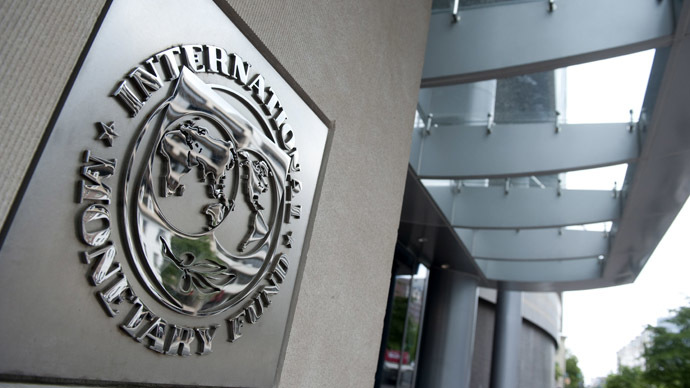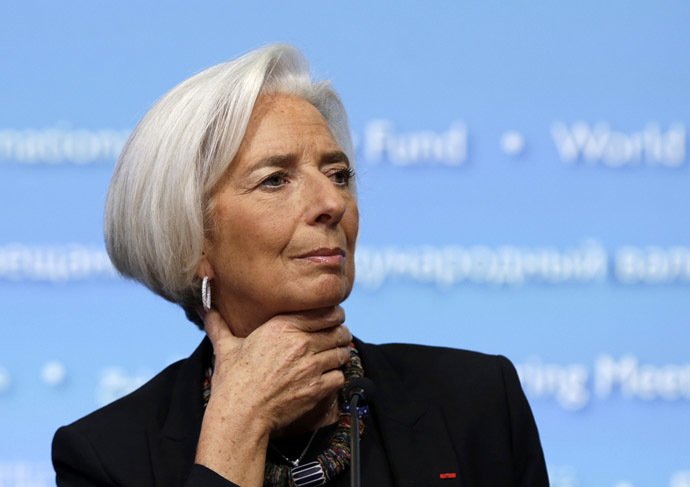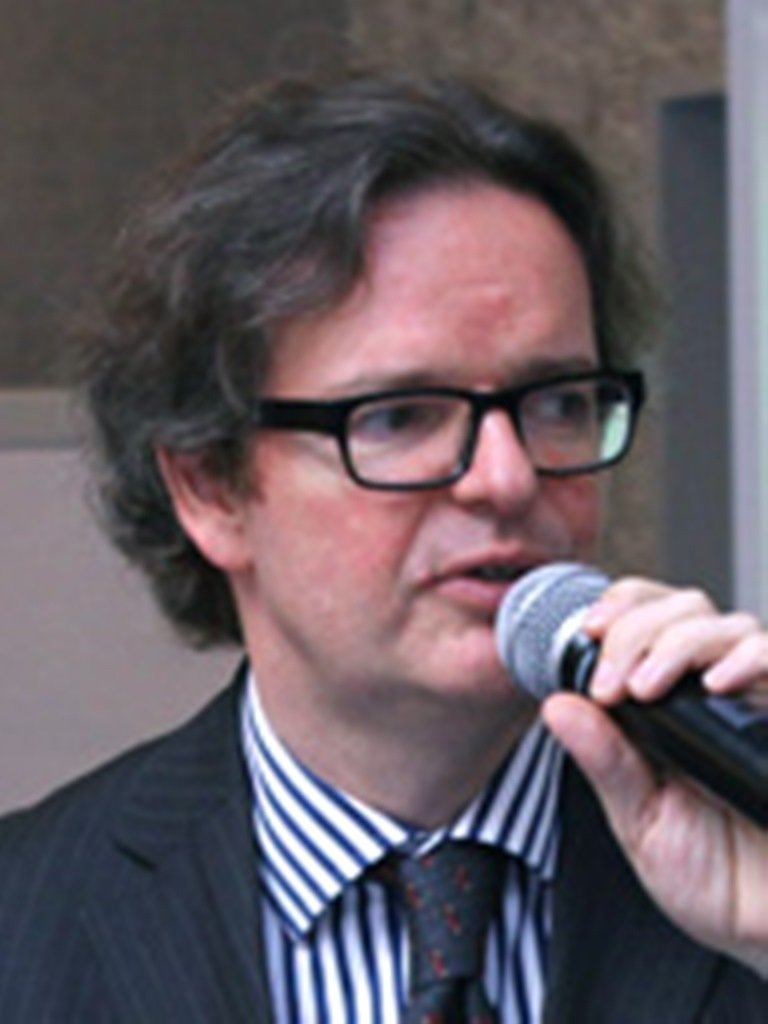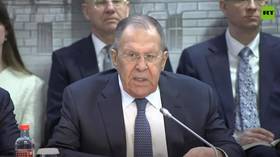BRICS building parallel IMF

The post war consensus on financing bodies appears to be breaking down as the West clings desperately to the reins of the IMF and World Bank. In exasperation, the BRICS nations are pushing forward with alternative institutions.
As arbiter of sound government finance, the IMF was once much feared by profligate politicians. When IMF experts were parachuted in as frontline fiscal rescue, the world clearly recognized a major government economic policy failure. Britain famously reached this nadir in the 1970s, when state spending expansion reached a finite limit and Chancellor Healey was forced into a massive policy U-turn endorsing monetarism and fiscal discipline.
However, in recent years the IMF has become somewhat politicized, losing track of its original goals. Having been a hugely useful player alongside the European Bank for Reconstruction and Development (EBRD) in helping rebuild the New Europe post-Soviet collapse, the IMF of recent years has become a rather odd place: headed by a succession of politicians who seem to regard their role as being a prominent office to canvas for the French Presidency while administering economics-lite.
Nowadays, the IMF has become rather a haven of discredited Keynesian thinking, aka the endlessly meddling interventionist superstate policies beloved of declining Europe, and indeed Obama's America. Typical of the leaderless zeitgeist overseeing relative economic decline, the political classes have become used to foisting a compromised European political figure into the top job at the IMF. What the IMF really needs are strong technocrats as opposed to the spineless politicians who generally operate with (at the very least!) one eye on their next political position.
Thus the IMF has gradually become less significant as it has manifestly failed to take the fiscal initiative in recent years. First the world's leading champagne socialist Dominique Strauss-Kahn and latterly Christine Lagarde have remained beholden to the flawed policies of big debt and big government which suits the cowardly political mood for kicking economic realpolitik down the road.
What the IMF ought to be doing is behaving like a good doctor, ensuring the patient takes their medicine and reforms in a fashion which will ensure better health, not simply offering an alcoholic a lower proof of vodka and telling them to keep drinking! During recent European bailout negotiations, IMF minutes suggest the political classes managed to ride roughshod over the IMF in order to maintain the flawed (and still crumbling) euro currency at all costs. In that sense, having a weak European with ambitions for higher political office makes a mockery of the idea that the International Monetary Fund is anything more than an overdraft facility to be rigged in favor of perceived western political interests. No wonder the rising East is disillusioned.

The US and Europe have maintained a stranglehold on the IMF/World Bank C-suite not only in the face of a massive eastern renaissance but also with a certain degree of abject hypocrisy given the abysmal financial management of spendthrift US governments for decades let alone the travesty of recent European economic governance.
Thus the BRICS (Brazil, Russia, India, China and South Africa), fed up with ongoing American stalling at reforming the voting system in the IMF, have been working their way towards a genuine new world order. Pivoting away from the influence of the US-centric Western financial system, it makes sense to create a counterweight to the IMF; a supranational bank for the emerging east. Naturally, the proof of the venture will be in how it operates. It must maintain sound doctrine that keeps government spending under control and is able to mete out the required ‘tough love’ - the classic toolkit involved debt default and currency devaluation to rebalance economies which have failed - in other words precisely the policies required in an economic failed state like Ukraine. Above all else the BRICS-Monetary Fund needs to mix politically neutral with sufficient government support that it can operate without fear or favor.
Naturally this is likely to cause it to run up against the IMF for as long as the US and EU insist on making the established supranational financial institutions vehicles for managing decline in the eurozone and elsewhere as opposed to actually imposing policies to repair failure governments and re-establish growth. That will mean strict budgets and creditors taking losses - as opposed to the ludicrous move to corporate socialism in Europe/US post 2008 where bankers speculate with impunity in the expectation of taxpayer redemption if things go sour.
The statements, views and opinions expressed in this column are solely those of the author and do not necessarily represent those of RT.
The statements, views and opinions expressed in this column are solely those of the author and do not necessarily represent those of RT.













